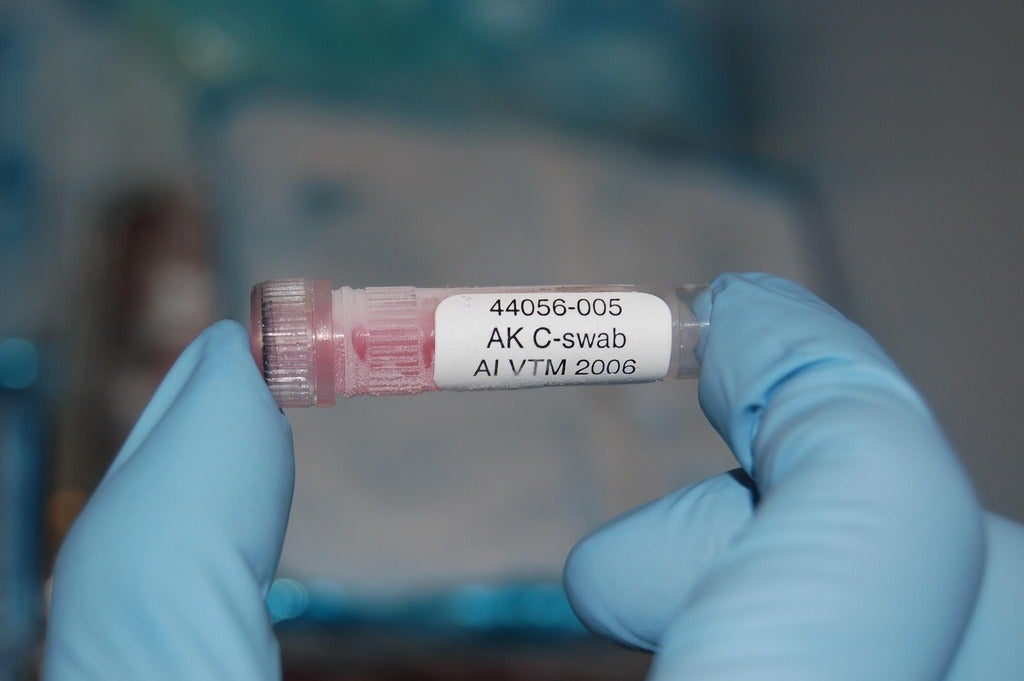
Funding for in-vitro diagnostics (IVD) will be critical if the NHS is to recover and clear the backlog of conditions that have gone undiagnosed since March, due to the Covid-19 pandemic.
This is the message from the British In-Vitro Diagnostics Association (BIVDA), which has called on UK Chancellor Rishi Sunak to put the IVD industry front and centre of the government’s Comprehensive Spending Review (CSR).
The results of the CSR are expected before the end of the year and will inform the resource budgets for the years 2021/22 to 2023/24.
In its Spending Review 2020 Submission, BIVDA said: “As we look to ‘what happens next’, the British IVD sector will play a more vital role than ever.
“Thousands of diagnostics appointments have been missed during the pandemic – some of our members are reporting a 70% drop in demand for their tests.
“This means patients are living with undiagnosed cancers, diabetes, hepatitis, and a whole range of other serious – but treatable if diagnosed – illnesses.
“The Spending Review offers an opportunity to ensure the IVD sector receives the focus and funding it requires in order to play its role in supporting the restart of normal NHS operations, and contributing to making the United Kingdom a science superpower, in line with government policy, and as part of our wider economic recovery.”
Commenting on the submission, BIVDA Chief Executive, Doris-Ann Williams added: “A well-supported IVD industry will be critical in getting the country back on its feet as we continue to recover from the pandemic.
“Only with a concerted effort and government support can we ensure that the UK life sciences sector can compete on a global level, bringing better health outcomes, advanced manufacturing capability and highly-skilled jobs to our country.”
IVD funding targets: Innovation, manufacturing and people
According to BIVDA, some members have had demand for their IVD tests – diagnostics that involve the testing of blood or other biological components – drop by 70% during the Covid-19 pandemic.
Throughout the previous six months it said members played a critical role in developing, manufacturing and operating testing systems that have made an invaluable contribution in our ability to detect, manage and track the virus.
But as it looks to the future, BIVDA has recommended the government should focus on three areas when it makes funding decisions for the IVD industry.
Innovation
In an effort to allocate greater resources towards translating science into commercial products, BIVDA said the government should better co-ordinate diagnostic funding activity across organisations like the National Institute for Health Research, as well as life and sciences funding vehicle Innovate UK.
Manufacturing
To meet the challenge of building a UK diagnostic industry of critical mass – an aspiration laid out by Secretary of State for Health and Social Care Matt Hancock this Spring – BIVDA recommended the government put money into rapidly scaling up our testing ability in the face of future pandemics.
It said this could be done on a macro-level, providing organisations such as the Northern Powerhouse with financial support to invest in manufacturing-focused diagnostic business, or on a company-level through the provision of asset-backed support to allow SMEs to grow and scale-up.
A third path, BIVDA said, would be to pour more funding into the research and development of automated manufacturing, to enable the UK to compete with low labour-cost countries and grow the industry’s export footprint.
People
The above efforts, the organisation said, will need to be underpinned by developing a large pool of talent.
To ensure this talent is available, it recommended investment in higher education to develop a specific diagnostic apprenticeship, alongside building diagnostic-focused research and degrees capability within UK universities.
The investment in personnel, BIVDA added, should continue throughout the duration of peoples’ research and development careers.






